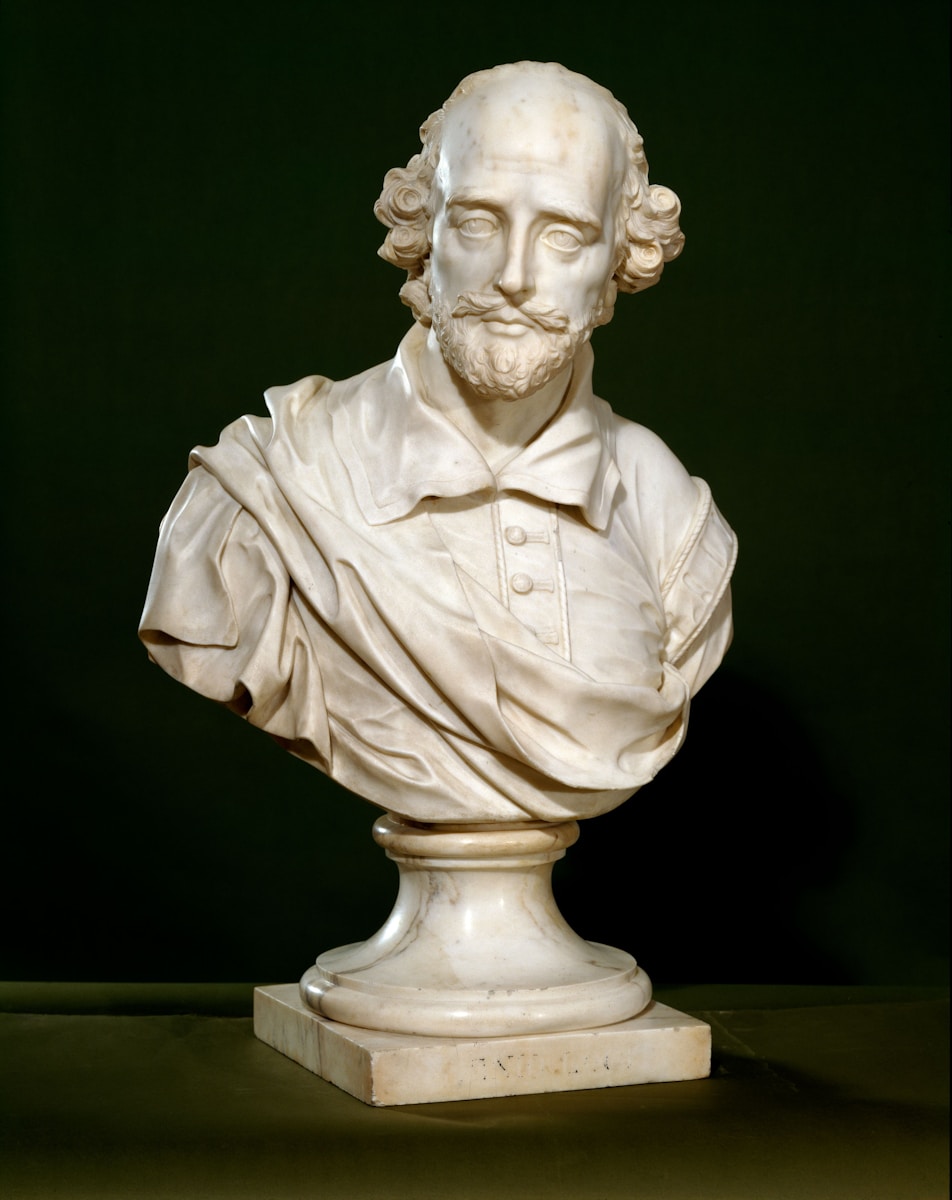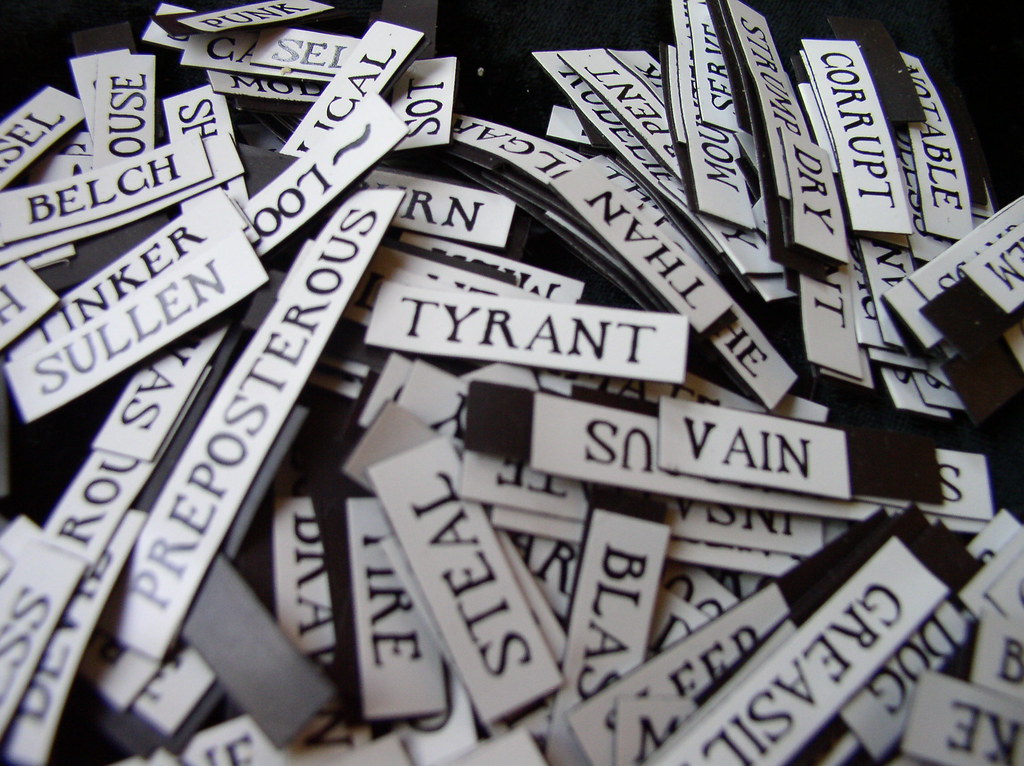
Understanding Class-Coded Insults
Britain, with its rich tapestry of history, culture, and social structure, has a unique way of communicating—especially when it comes to insults. Class-coding in British insults isn’t just about throwing shade; it’s a reflection of the country’s long-standing class divisions and societal norms. In this exploration, we’ll delve into how these insults emerge, what they reveal about the British psyche, and why they matter today.
The Roots of Class in Britain
Before we dive into the colorful world of British insults, it’s important to understand the landscape of class in the UK. Historically, British society has been structured around a rigid class system, which can be traced back to feudalism. The upper class, represented by the aristocracy and landed gentry, looks down upon the middle and working classes, often resulting in a cocktail of snobbery, stereotypes, and, of course, insults.
The British class system is generally divided into three main groups: upper class, middle class, and working class. Each group has its own unique mannerisms, speech patterns, and—most importantly—insults. The nuances of these insults can be subtle, yet they serve as a critical commentary on the social hierarchy that still exists today.
Insults as Social Commentary
Class-coded insults often go beyond mere name-calling; they reveal the speaker’s social standing and offer insight into societal values. For instance, an upper-class individual might refer to someone from the working class as “common,” a term loaded with condescension and a sense of superiority. This one word encapsulates a whole spectrum of beliefs about education, manners, and lifestyle choices.
Conversely, someone from the working class might insult an upper-class individual by calling them “toff” or “posh,” terms that highlight pretentiousness or detachment from reality. This exchange demonstrates how insults serve as a battleground where class tensions manifest, and it’s a reflection of the ongoing struggle for social identity.
The Language of Insults
The beauty of British insults lies in their linguistic creativity. Let’s take a closer look at some of the most popular class-coded insults and what they reveal about the people who use them.
“Chav”
Originating in the late 1990s, “chav” is a derogatory term aimed at working-class individuals who are perceived to be flashily dressed, often wearing brands like Burberry or sporting aggressive attitudes. This term encapsulates not only a social class but also an entire lifestyle and a set of behaviors. It implies a lack of sophistication, taste, and, often, education.
Interestingly, the term has been somewhat reclaimed in recent years, with some choosing to embrace it as a badge of honor, representing a rejection of elitism. This evolution shows that while insults are powerful, their meanings can shift over time, reflecting broader societal changes.
“Toff”
On the flip side, “toff” serves as a class insult aimed at the upper echelons of society. Often characterized by their posh accents and private school backgrounds, “toffs” are seen as out of touch with the realities of everyday life. The term’s origins can be traced back to the 19th century and symbolizes not just social class but also privilege and entitlement.
Using this insult highlights a resentment toward those who are perceived to live in a bubble of comfort, disconnected from the struggles faced by the average person. It raises questions about privilege, access to resources, and the perceived moral superiority that comes with it.
“Common”
“Common” is another term that carries a heavy weight in British society. Generally used to describe someone who is unsophisticated or lacks refinement, it can sting, especially when used by someone from a higher class. While it may seem innocuous, being labeled “common” can imply a wide range of negative traits, such as ignorance, crudeness, and a lack of ambition.
Interestingly, this term also opens the door to discussions about authenticity. Many people in the modern era have come to reject the stigma associated with being “common,” embracing their roots and celebrating working-class culture. This societal shift suggests that the power of such insults is waning, while the embrace of diversity and authenticity is on the rise.
The Role of Humor
Humor is an intrinsic part of British culture, and insults often come wrapped in a comedic package. The British have an unparalleled ability to poke fun at themselves and each other, creating a unique space where insults serve as a form of banter rather than outright offense. This clever use of language softens the blow and makes insults more palatable, transforming them into a social lubricant.
In fact, many British comedies and television shows—like “The Office” or “Peep Show”—rely heavily on class-coded insults to drive humor and reflect social dynamics. Characters often navigate their relationships through a minefield of witty barbs, revealing the complexities of their social standings and the absurdity of class distinctions.
The Impact of Media and Pop Culture
Media and pop culture play a significant role in the evolution of class-coded insults. From literature to television, the portrayal of class dynamics has shaped perceptions of these insults and their meanings. Authors like Charles Dickens offered biting social commentary through their characters, blending humor and critique in a way that resonated with readers.
In modern times, shows like “Gavin & Stacey” and “The Inbetweeners” continue this tradition, using class-coded humor to engage audiences while reflecting contemporary issues. These portrayals help to demystify class distinctions and highlight the absurdity of such social divides.
The Future of Class-Coded Insults
As society evolves, so too do the terms and phrases we use to insult one another. The emergence of social media has created new avenues for insult culture, with terms evolving at a rate never seen before. While some class-coded insults remain entrenched in British culture, others may fade away or transform entirely.
The younger generations, often driven by principles of inclusivity and social justice, may find traditional class-coded insults less appealing. Instead, they might opt for humor that criticizes societal norms and structures rather than individuals. This shift could lead to a future where class-related insults become more thoughtful and less about perpetuating stereotypes.
Conclusion: A Reflection on Society
Class-coded British insults serve as a fascinating lens through which to examine the complexities of British society. They reveal not only the historical context of class divisions but also the evolving dynamics of identity and social interaction. While insults can hurt, they also provide a form of commentary that opens the door to deeper discussions about privilege, authenticity, and acceptance.
Ultimately, understanding these insults is crucial for anyone looking to navigate the intricate social landscape of Britain. Armed with this knowledge, you can appreciate not just the humor but the historical significance behind these words, allowing for a more nuanced view of British culture and its social fabric. So the next time you hear a cheeky insult, remember—it’s not just a jab; it’s a reflection of the society that shaped it.







